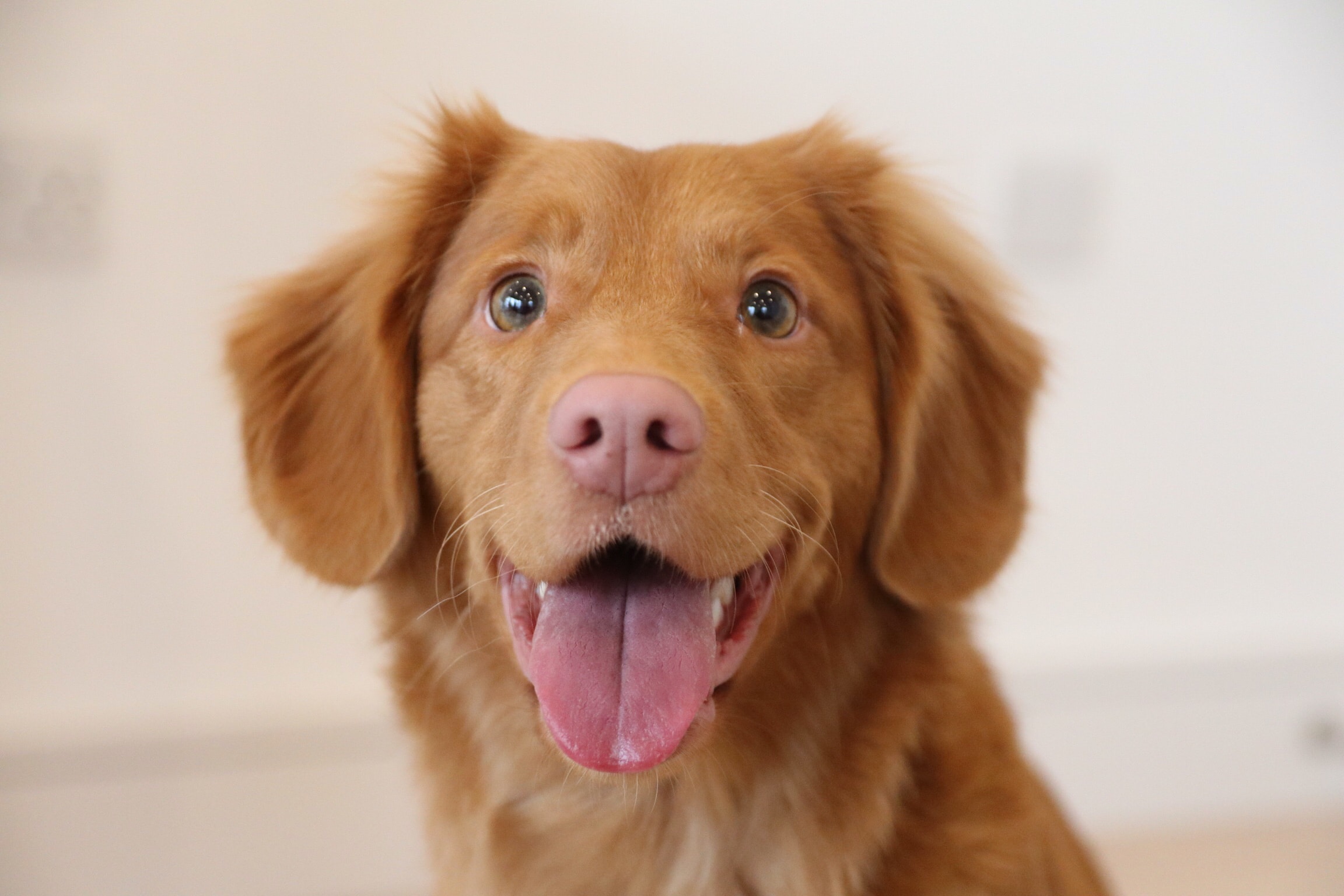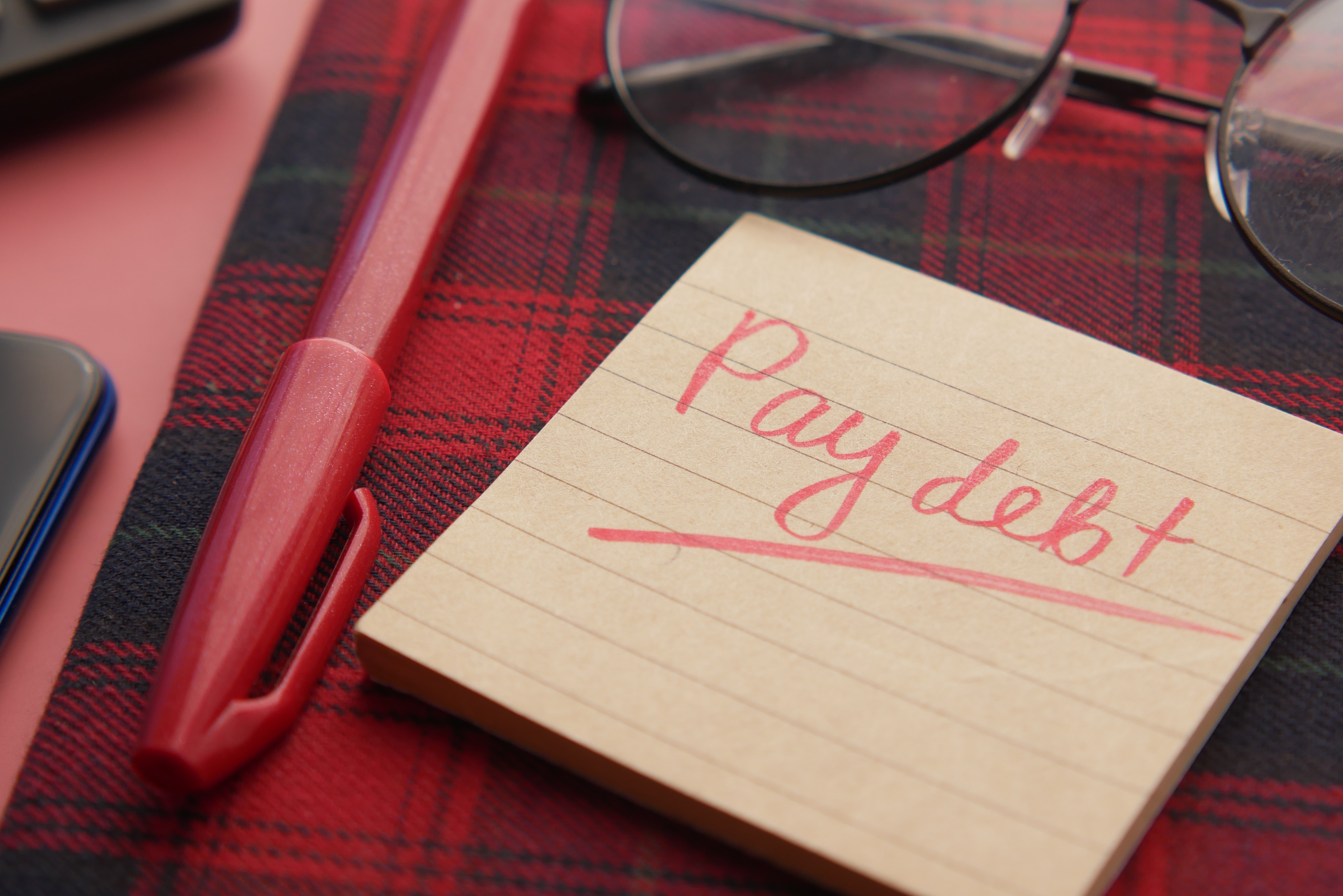A healthy and happy dog is a joy to have around, and as a loving pet owner, it's your responsibility to ensure your furry friend thrives. This comprehensive guide will walk you through the essential steps to maintain your dog's physical and emotional well-being, ensuring a long, joyful life together. From nutrition to exercise, grooming to mental stimulation, and preventative care, we've got you covered.
Nutrition: The Foundation of Health
A balanced diet is the cornerstone of your dog's overall health. Just like humans, dogs require a mixture of proteins, carbohydrates, fats, vitamins, and minerals to function optimally. Here are some tips to ensure proper nutrition for your canine companion:
Choose a high-quality dog food: Look for foods with real meat as the primary ingredient and avoid those with artificial additives or fillers.
Monitor portion sizes: Overfeeding can lead to obesity, a major health risk for dogs. Follow the feeding guidelines on the packaging, and consult your vet if you're unsure about portion sizes.
Provide fresh water: Ensure your dog has access to clean, fresh water at all times.
Limit treats: Treats should make up no more than 10% of your dog's daily calorie intake. Choose healthy options like vegetables or lean meats.
Exercise: Keeping Your Dog Physically Fit
Regular exercise is essential for maintaining your dog's physical health and preventing obesity. The amount of exercise your dog needs depends on their age, breed, and size. Here are some general guidelines:
Adult dogs: Aim for at least 30 minutes of physical activity per day. This can include walks, runs, or playtime at the dog park.
Puppies and senior dogs: These age groups may require more frequent, shorter exercise sessions. Consult your vet for tailored recommendations.
Mix it up: Incorporate different activities like swimming, hiking, or agility training to keep your dog engaged and challenged.
Grooming: A Key Aspect of Dog Health
Regular grooming not only keeps your dog looking and smelling great, but it also promotes good health by preventing skin issues and detecting potential problems early. Grooming essentials include:
Brushing: Regular brushing removes dead hair, distributes natural oils, and keeps your dog's coat healthy. Choose a brush suited to your dog's coat type, and establish a routine.
Bathing: Bathe your dog as needed, depending on their coat type and lifestyle. Use a gentle, dog-specific shampoo to avoid irritation.
Nail trimming: Trim your dog's nails regularly to prevent overgrowth and discomfort. If you're unsure about trimming, seek help from a professional groomer or your vet.
Dental care: Brush your dog's teeth daily with a pet-safe toothpaste to prevent plaque buildup and gum disease. Regular dental check-ups at the vet are also essential.
Mental Stimulation: Happy Dogs are Engaged Dogs
Mental stimulation is just as important as physical exercise for your dog's overall well-being. Here are some ideas to keep your dog's mind sharp:
Training: Regular training sessions not only teach your dog good manners but also provide mental stimulation. Teach your dog new tricks or enroll them in obedience classes to keep their mind engaged.
Interactive toys: Invest in puzzle toys or treat-dispensing toys that challenge your dog mentally.
Playtime: Play games like fetch, tug-of-war, or hide-and-seek to keep your dog entertained and mentally stimulated.
Rotate toys: Switch out your dog's toys regularly to maintain their interest and provide variety.
Socialization: Building Confidence and Happiness
Proper socialization is crucial for your dog's emotional well-being. Exposing your dog to different people, animals, and environments from a young age helps them become well-adjusted and confident adults. To promote successful socialization:
Begin socializing your puppy as soon as they have received their initial vaccinations, usually around 8-10 weeks old. Gradually expose your dog to various situations, such as meeting new people and dogs, encountering different noises, or walking on various surfaces. Reward your dog with praise, treats, or playtime when they react calmly and confidently in new situations. Puppy socialization classes provide a controlled environment for your dog to learn appropriate behaviors and build social skills.
Regular veterinary care is crucial for maintaining your dog's health and catching potential issues early. Keep your dog up-to-date on vaccinations, and schedule routine check-ups with your veterinarian.
Administer flea, tick, and heartworm preventatives as recommended by your veterinarian to protect your dog from harmful parasites. Spaying or neutering your dog not only helps control the pet population but also reduces the risk of certain health issues, such as uterine infections and testicular cancer.
Regular weight checks: Monitor your dog's weight and body condition regularly to detect any changes that may require veterinary attention.
Microchipping: A microchip can greatly increase the chances of reuniting with your dog if they become lost. Register your dog's microchip and keep your contact information up-to-date.
Your dog's health and happiness are inextricably linked, and it's up to you as a responsible pet owner to provide the necessary care for your furry friend to thrive. By focusing on proper nutrition, exercise, grooming, mental stimulation, socialization, and preventative care, you can ensure your dog enjoys a long, healthy, and happy life by your side. Remember to consult your veterinarian for personalized recommendations tailored to your dog's specific needs.










